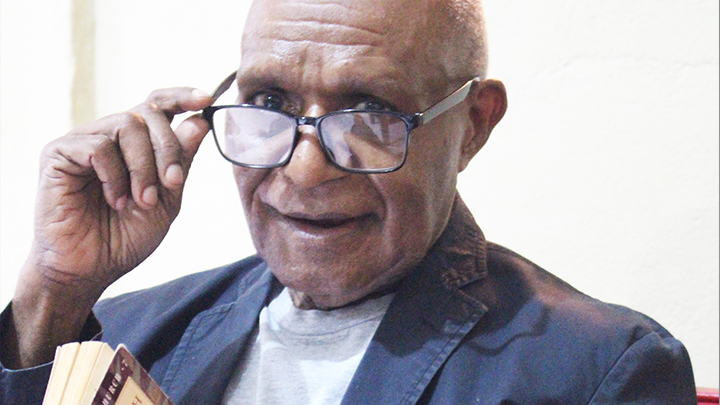Rev. Benny Giay, Chairman of Synod of Indonesian Gospel Tabernacle Church in Papua: Do We Have to Change the Color of Our Skin?
Tuesday, June 23, 2020
arsip tempo : 174623660328.

HE said the accused were the victims of smoke screen allegations made up to divert the public attention away from the racism incident at the Papuan student dormitory in Surabaya, East Java, August last year. “If the police had moved faster and arrested those who hurled racial slurs in the first place, these seven young Papuans probably wouldn’t have been charged with treason,” Benny, 65, said during the special interview with Te
...
Subscribe to continue reading.
We craft news with stories.
 For the benefits of subscribing to Digital Tempo, See More
For the benefits of subscribing to Digital Tempo, See More








